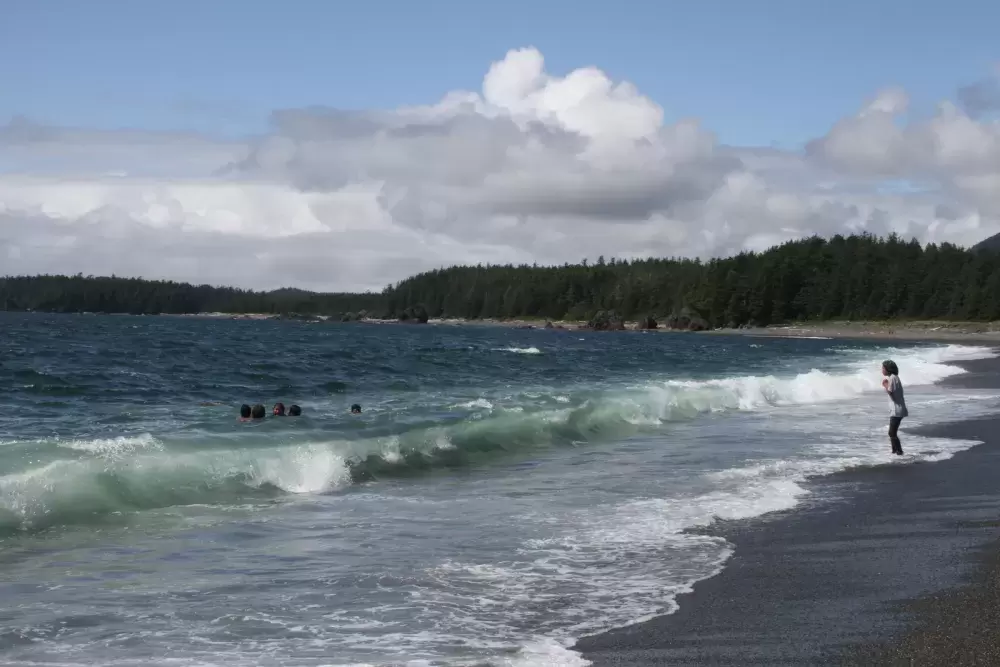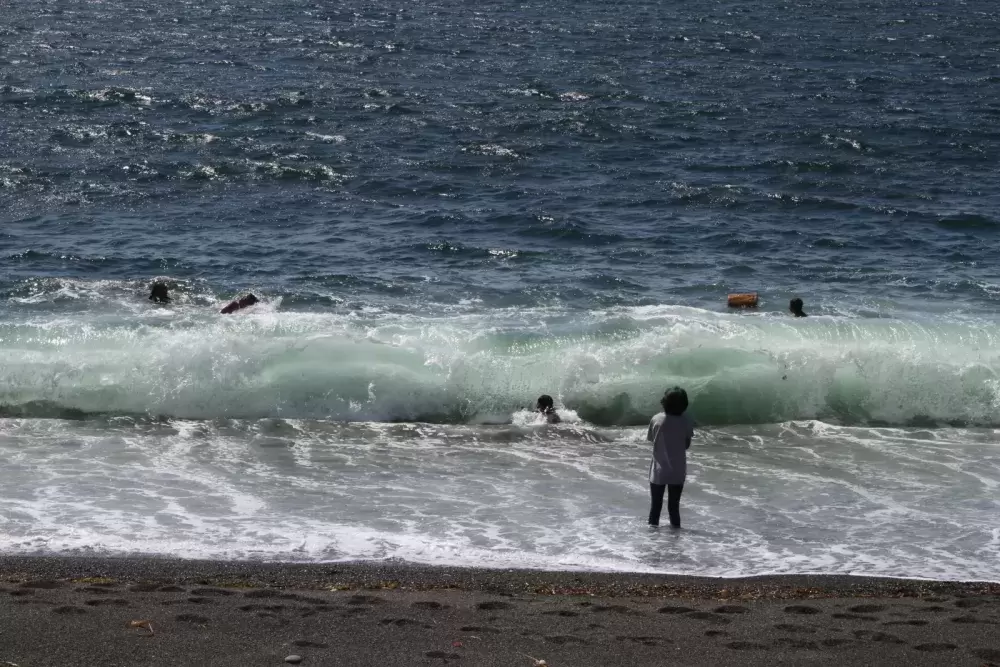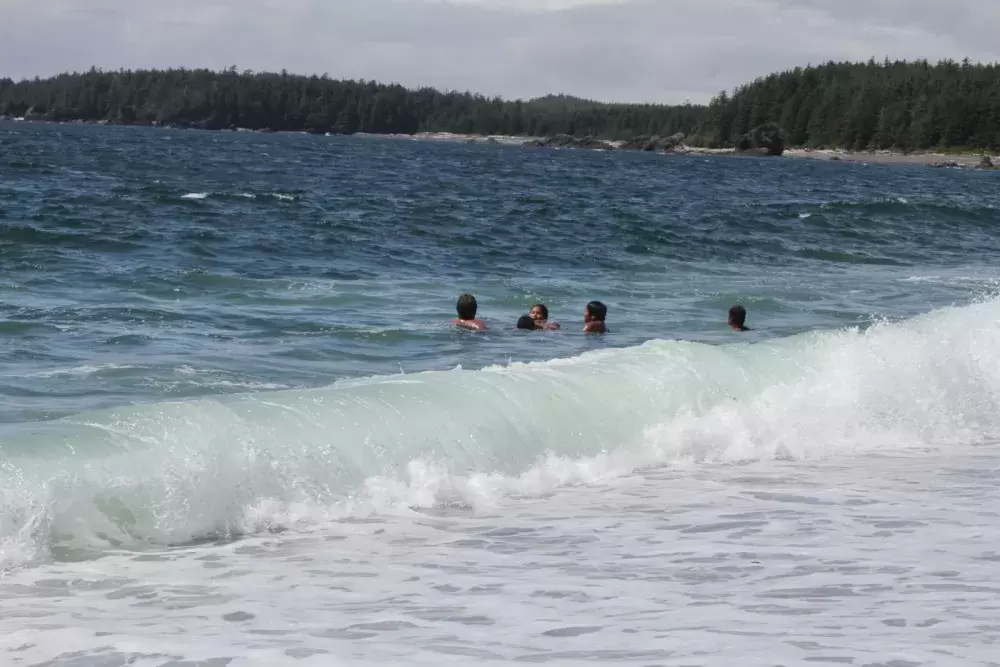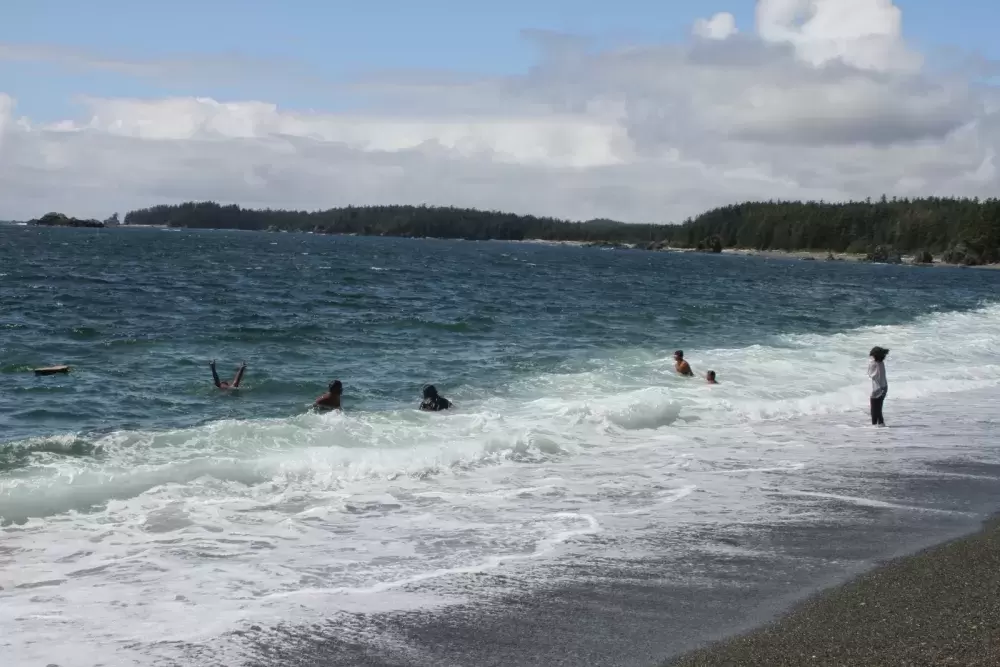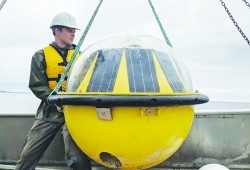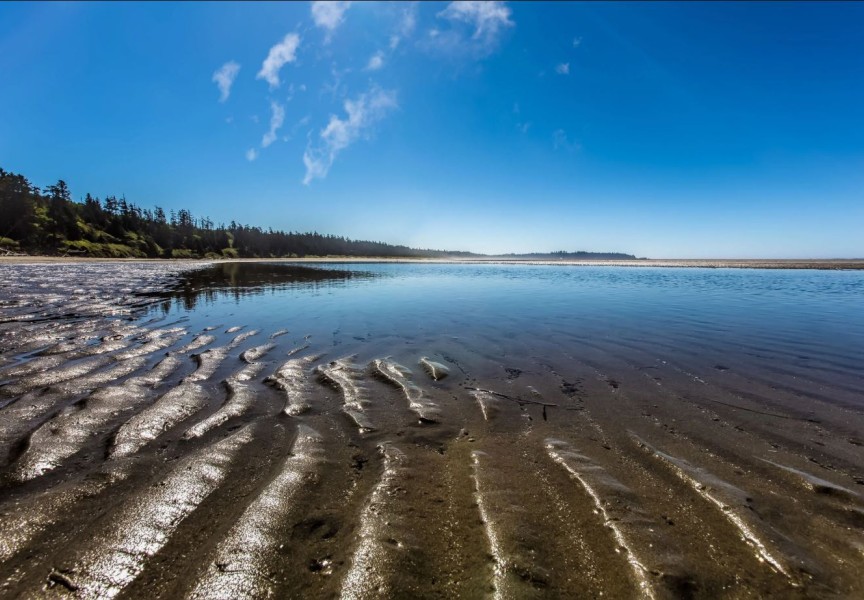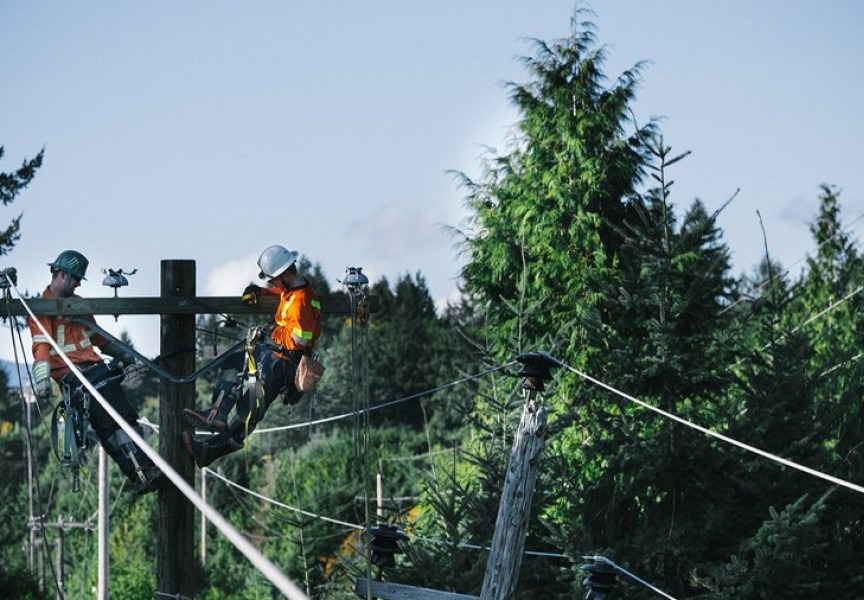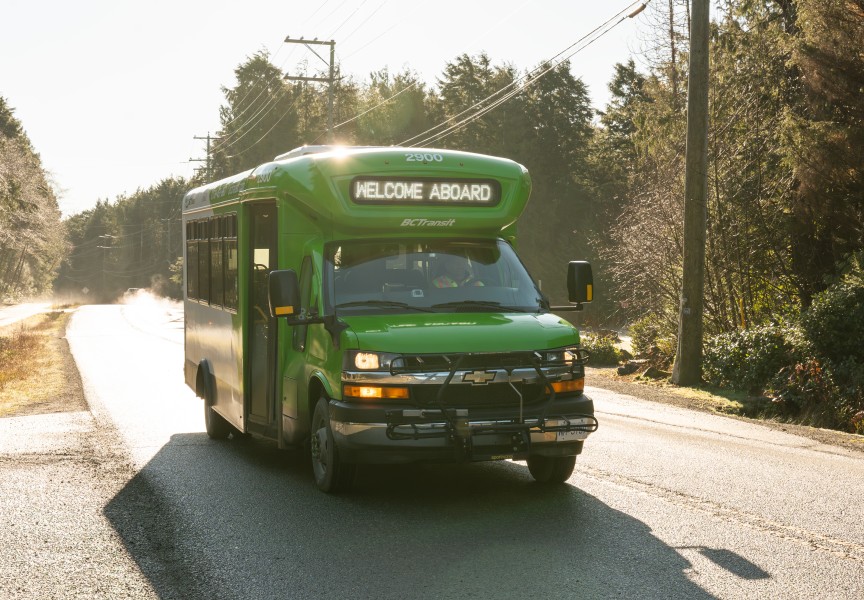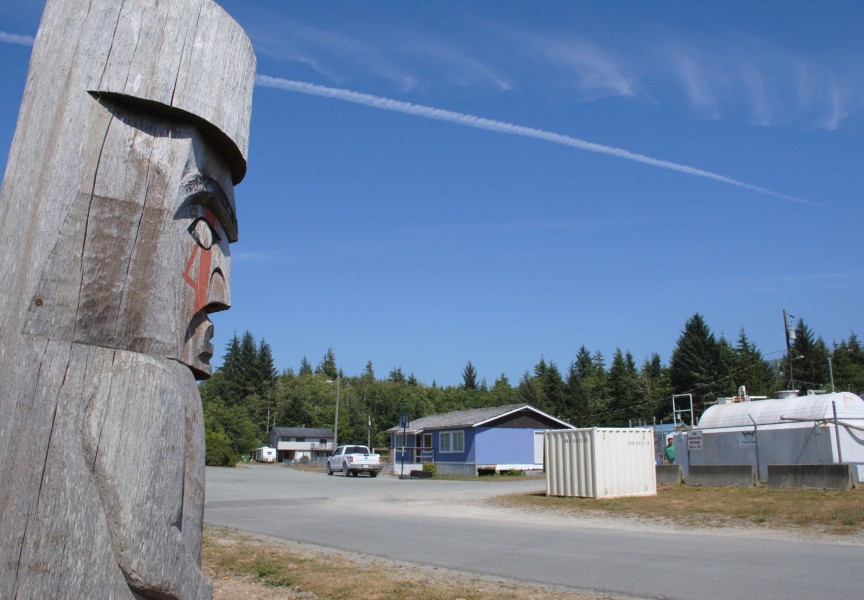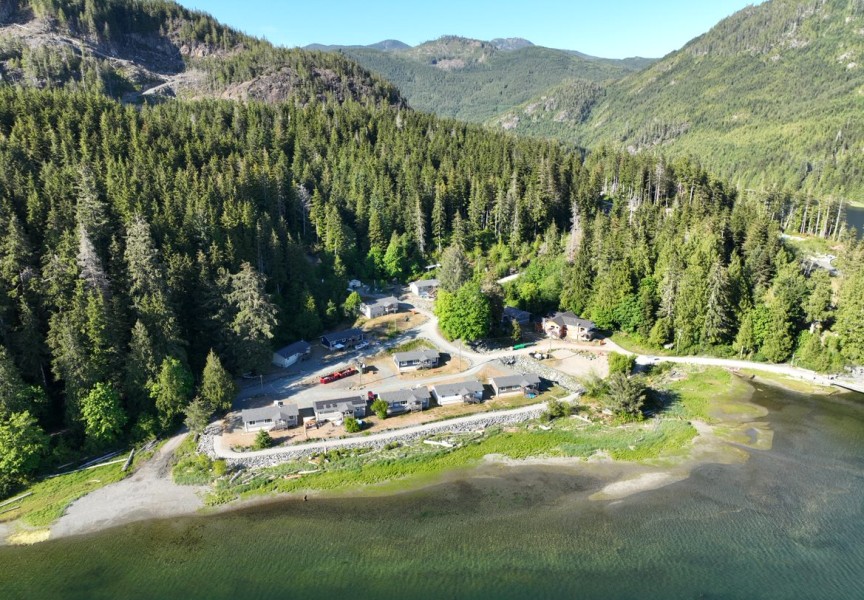The University of Victoria has received a $1 million grant to develop a clean, renewable energy source using the power of ocean waves to supply energy to Yuquot, the ancestral home of the Mowachaht/Muchalaht people.
In a statement dated March 3, the University of Victoria said its Pacific Regional Institute for Marine Energy Discovery (PRIMED) has received a grant from the 2022 TD Ready Challenge to develop a clean energy project that captures the power of wave energy at Yuquot, BC.
“PRIMED is working towards the development of a first-of-its-kind renewable energy microgrid incorporating a wave energy device at Yuquot on Nootka Island, a National Historic site and traditional home of the Mowachaht/Muchalaht First Nation (MMFN), located off the west coast of Vancouver Island,” reads the UVic press release.
UVic went on to say that this project will be at the cutting edge of renewable energy system development.
“It will support the nation to achieve their long-held dream of re-occupying Yuquot after being forcibly relocated decades ago, and contribute to reconciliation,” added the university.
But moving back home will have to wait as the innovative clean power source has been scaled back. According to MMFN Administrator Azar Kamran, the initial feasibility study was not “as conclusive as they would have liked to have seen,” so the project took on a smaller scale.
The wave energy microgrid will deliver 15 kilowatts of power to Yuquot. According to Kamran, that would be enough to provide lighting to the compostable restroom facilities and maybe some lights for the tourist cabins that MMFN operates and plan to renovate.
The microgrid is expected to be operating in 2024, making the annual Yuquot Summerfest more safe with lights in the restroom areas.
“If it works, then we will build something similar,” said Kamran, adding that this is the very first step in many, many more, but it’s a step in the right direction.
Brad Buckham, chair of UVic’s Mechanical Engineering department and co-director of PRIMED, said he is excited to be working with Mowachaht/Muchalaht to help develop clean energy ideas for their eventual reoccupation of Yuquot. But large-scale wave energy is a “completely green field,” he told Ha-Shilth-Sa.
He said there are various types of machinery used to harness wave energy and this project will help determine the best fit for the needs of Mowachaht/Muchalaht, both now and in the future.
For now, PRIMED will deploy a buoy off of Yuquot that will collect data on windspeeds, waves and currents.
“Yuquot is located on a world-class wave energy supply and the nation is highly motivated to pursue clean energy solutions that improve quality of life, facilitate economic development and support self-determination,” reads a statement from the PRIMED initiative. “As keepers of the land, they want to demonstrate technological solutions that achieve these goals while also lessening negative impacts on the environment, thus setting a positive, sustainable example that the rest of society can follow.”
There is one family living in Yuquot year-round and the church is used a cultural centre. They rely on gasoline-fueled generators for electricity, but these are noisy, said Kamran. There are some limited solar-powered lights at the old village site.
Buckham says it’s not only a question of cost, but also what the best combination of technology is that can be economically feasible. While the idea is for wind/solar/wave energy to displace the dependence on diesel power, for now, there is a place for diesel as a back-up source when there is not enough sun or wind.
“It is exciting that we can play a role in these trade-offs,” said Buckham.
“It is the wish and dream of every single MMFN person that I know, and I know most of them, to return there and to live there and to go back to a way of life there that was going on for thousands of years,” said Roger Dunlop, MMFN’s Lands Resources and Fisheries manager. “This clean energy generation project is kind of step two in the re-occupation of Yuquot.”
The Mowachaht and Muchalaht First Nations formally amalgamated in the 1950s, and made Yuquot (Friendly Cove) their home base. The MMFN people were moved from Yuquot to Gold River in the 1960s and then again, about 30 years later in the 1990s, to Tsaxana, according to an article by historian John Dewhirst.
Every year many Mowachaht/Muchalaht return home to Yuquot for their Summerfest. Many yearn to return on a permanent basis.
“This is such an exciting, pure and wonderful example of an Indigenous-led, community-based resurgence through clean energy,” says Buckham. “The idea of reinvigorating a community and helping them return to their traditional lands is powerful. You can’t undo history, but you can change the future and this project represents a symbolic changing of course where all of us are working together to support the Nation to go back to their rightful home in Yuquot.”
“Located on Nootka Island, Yuquot is the center of the universe for the Mowachaht/Muchalaht people, who have long stewarded the sea and lands around it,” reads a statement from UVic.
It’s also considered to be the origin of modern British Columbia. In 1778 Captain James Cook landed at Yuquot, establishing the first sustained European contact with Indigenous peoples in Western Canada. This eventually led to a series of harms that continued through the ensuing generations.
“In the 1950s, the MMFN were forced to leave by the federal government to locations that were easier to service, with most of the surviving population moved to unfamiliar urban centres on Vancouver Island,” noted the university. “Since then, the MMFN have long aspired to return home to Yuquot. However, a planned return necessitates creating an electricity supply for the community. The emissions of diesel generators, both in terms of pollution and noise, are an affront to cultural priorities, and they are intent on implementing renewable energy alternatives that are clean and self-sustaining.”
“The Mowachaht-Muchalaht First Nation is refusing to take the easy way out by continuing to rely on diesel fuels,” said Buckham. “They are willing partners demonstrating leadership by embracing an entirely new microgrid system of clean, renewable energy that has the potential to be a model of how wave energy is harnessed in small coastal communities here in Canada and around the world.”
Buckham says it could be as early as 2025 that the MMFN choose which direction they wish to go in creating their vision of a repopulated Yuquot with a clean energy source.
According to TD Bank Group, the grants are awarded to projects designed to assist people and communities disproportionately affected by climate change and the transition to a low-carbon economy. The TD Bank Group awarded 10 $1 Million grants for projects of this nature, across Canada. This was the only grant awarded to a project in British Columbia.

